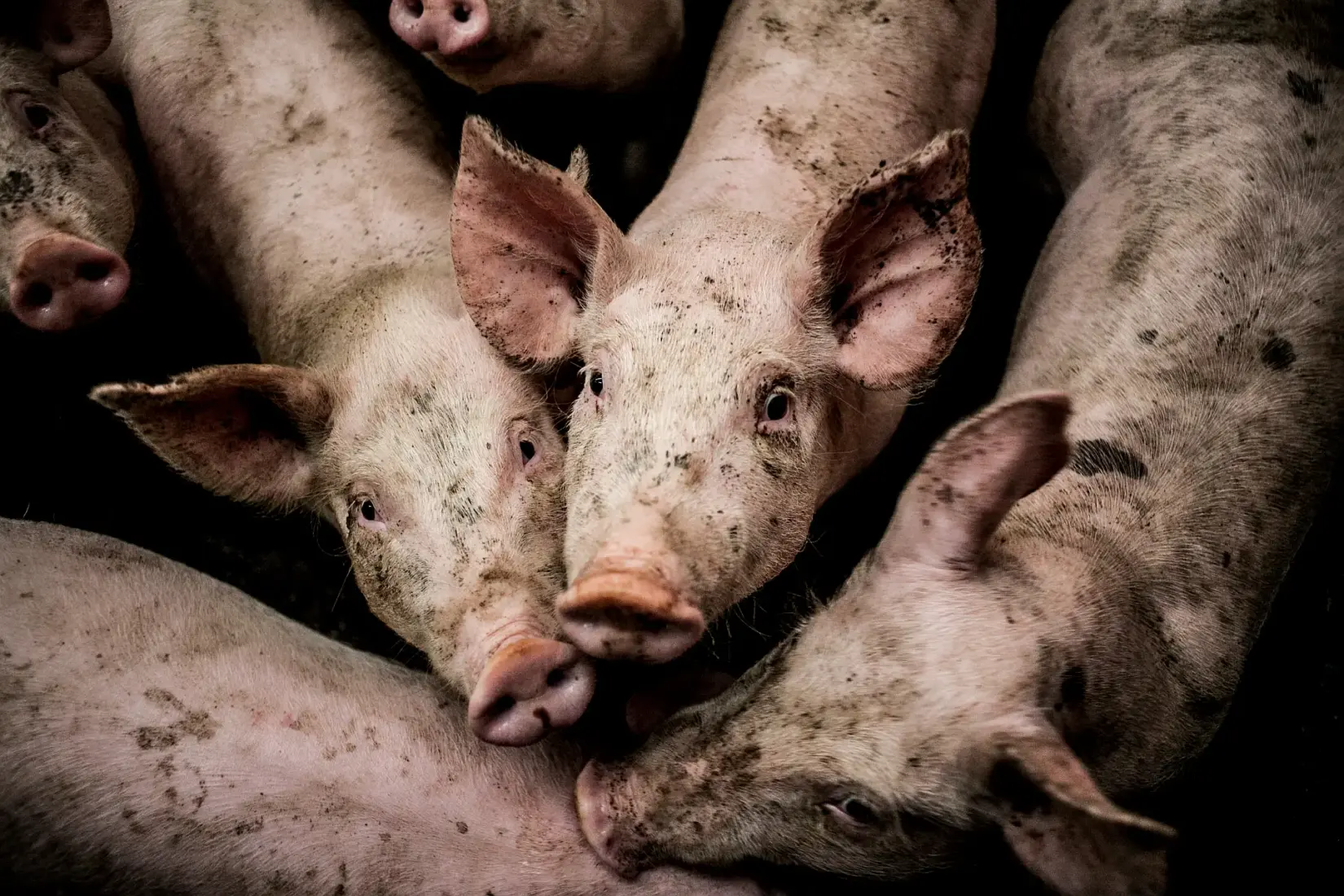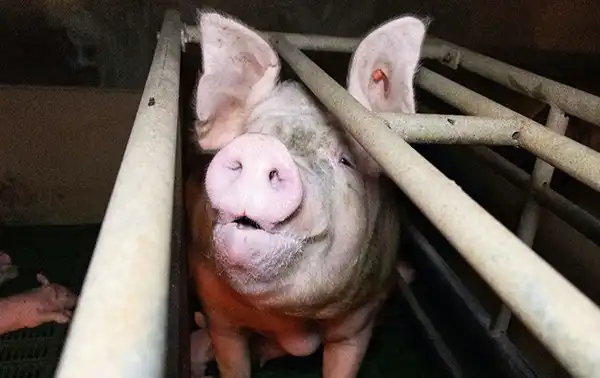Vegetarians are LESS likely to be depressed

The Daily Mail says that vegetarian men are more likely to suffer from depression. If you look at the research, it quickly becomes clear that the opposite is true.
Curiously, the original study this article was based on shows that 10.3 per cent of the ‘vegetarians’ said that they ate meat pies, 12.3 per cent ate chicken, 52.3 per cent (even more than the non-vegetarians) ate oily fish and 4.7 per cent ate meat! So a large number of the so-called vegetarians in this study were not vegetarian. Which is perhaps why the authors chose more careful wording than the Daily Mail journalist in their conclusion: “…self-identification as a vegetarian was associated with an increased risk of depressive symptoms”.
The article says phytoestrogens from soya might be to blame but several studies show that soya reduces depression. The authors of one review published last year say that soya isoflavones may offer “a safe, well-tolerated option for management of depression”.
The article also says it might be a lack of B12 from meat, but meat only contains B12 because farmed animals are fed supplements, it’s easier to cut out the middleman and take your own B12 without eating saturated animal fat and hormones.
Not eating fish is also suggested as a potential contributing factor but seven out of ten people in the UK don’t eat any fish. Also over half of the ‘veggies’ in this study said that they ate fish!
A study published in 2015 found that vegans report less stress and anxiety than meat and dairy-eaters. The authors say: “A strict plant-based diet does not appear to negatively impact mood, in fact, reduction of animal food intake may have mood benefits”.
More research showing that a vegetarian diet can help you beat the blues found that vegetarians experience less negative emotions.
A 2012 study looked at the effects of a changing to a vegetarian diet on a group of meat-eaters. They found that mood scores didn’t change for the group continuing to eat meat and fish, but in those eating a vegetarian diet, mood score improved significantly after just two weeks.
Going vegetarian or vegan offers tremendous benefits to health (including mental health) as well as the environment. All major health bodies (including the World Health Organisation, the World Cancer Research Fund and Public Health England) are shifting their advice towards more plant-based eating. Isn’t it about time the Daily Mail stopped giving bad advice?
To find out more about the harmful effects of eating meat see our fully-referenced scientific report Meat the Truth.
It’s easy to go meat-free! Try our free 30 Day Vegan free program. You can start anytime and we’re here to help www.viva.org.uk/30dayvegan.




